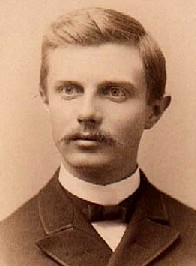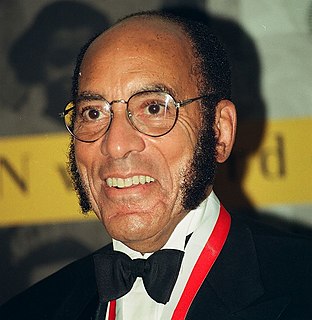A Quote by Anthea Butler
As a historian of American and African-American religion, I know that the Trayvon Martin moment is just one moment in a history of racism in America that, in large part, has its underpinnings in Christianity and its history. Those of us who teach American Religion have a responsibility to tell all of the story, not just the nice touchy-feely parts.
Related Quotes
You know, when Trayvon Martin was first shot I said that this could have been my son. Another way of saying that is Trayvon Martin could have been me 35 years ago. And when you think about why, in the African American community at least, there's a lot of pain around what happened here, I think it's important to recognize that the African American community is looking at this issue through a set of experiences and a history that doesn't go away.
I'm one of those persons who think that watching black people suffer is not an idea of entertainment. I know a lot about African American history, which is just American history, it's always been very fascinating to me. The premise of the play is remembering and honoring those persons whose stories would never be taken into account.
I'm always talking about how representation is such an important thing - it's not just a request, it's a requirement - it needs to happen. So, to be a part of representation and to go down in the history books as the first African-American woman to win, and the second African-American to win the Royal Rumble is an honor.
This is a landmark work in the history of African American studies and American intellectual history. Writing with verve, Jackson brings to life a large cast of characters and traces an ongoing conversation among the writers and critics of this period. This book is likely to become a model for a new generation of scholars, both for the breadth of its engagement and the depth of its archival research.
I think what you see a lot of in American religion, even in areas of American Christianity that don't go all the way with Osteen to the idea that God wants you to have this big house and so on, the nature of American religion right now, the fact that it is so non-denominational and post-denominational, the most successful churches have to be run more like businesses than ever before. I think that just exposes Christians to a constant temptation to think about the ministry more as a business than they sometimes should.




































